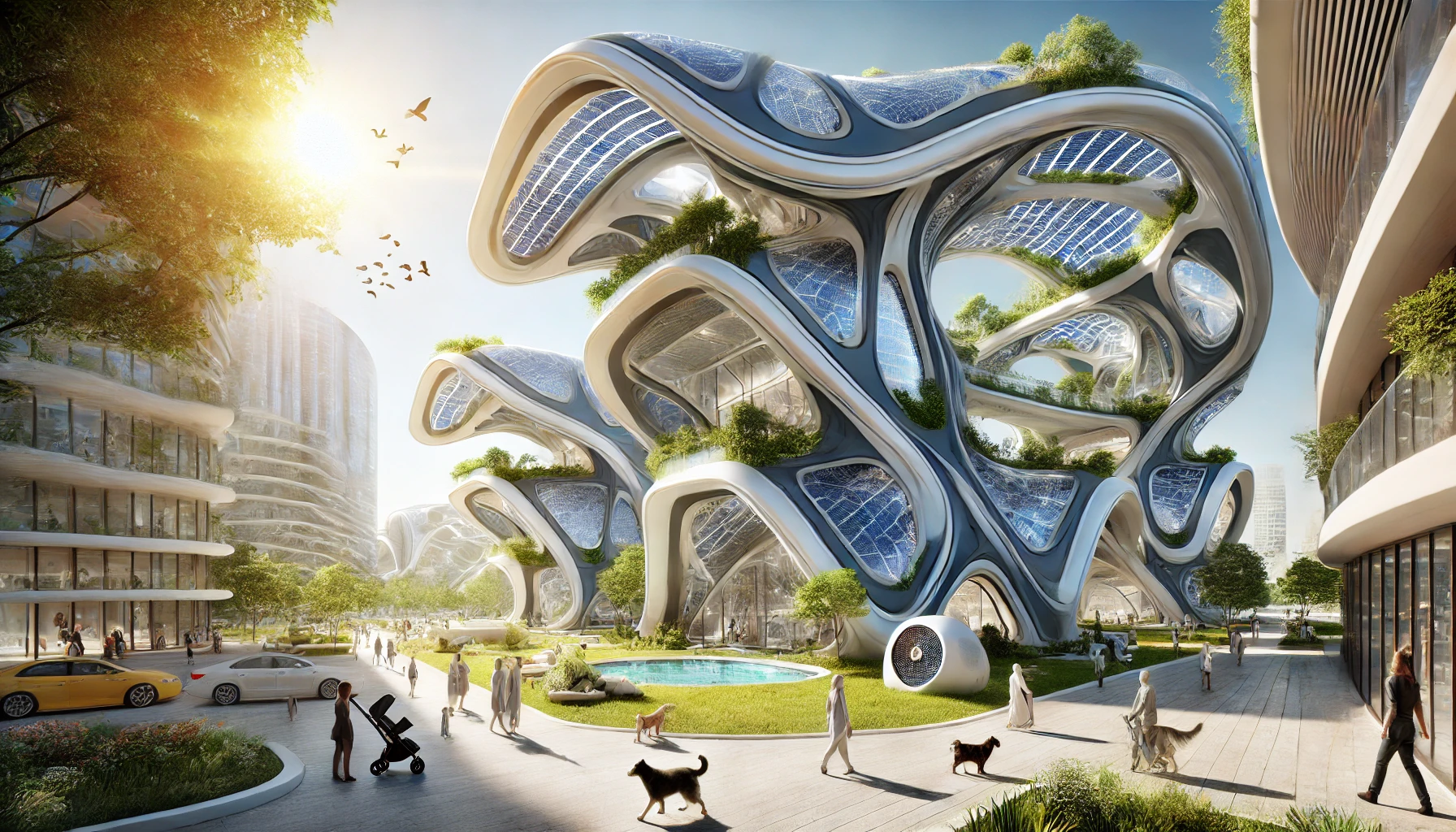In her 2025 Tech Trends Report (https://bit.ly/AmyWebbSXSW25), futurist Amy Webb introduces the concept of “the beyond,” a transitional phase where technology is redefining societal norms. This era is characterized by the convergence of artificial intelligence (AI), biotechnology, and advanced sensors, leading to a prolonged “technology super cycle” that promises significant economic expansion.
One of the most striking developments is the emergence of “living intelligence” systems—integrated networks capable of sensing, learning, adapting, and evolving. These systems have the potential to outperform humans in various tasks, challenging our traditional notions of intelligence and labor.
Advancements in multi-agent AI, utilizing complex mathematical languages, are enabling computations at speeds 100 times faster than human capabilities. This leap forward is complemented by the advent of programmable matter and reprogrammable life forms, which are no longer confined to theoretical research but are now entering commercial markets.
Microscopic machines are revolutionizing sectors like healthcare and manufacturing, offering unprecedented precision and efficiency. Simultaneously, the long-anticipated robotics revolution has arrived, with robots becoming integral to various aspects of daily life and industry.
As we navigate this transformative period, it’s crucial to reflect on the ethical, social, and economic implications of these technologies. The decisions we make today will shape the trajectory of our collective future.
As Amy says. “You create the future everyday with the decisions that you make. Every decision is a doorway that you can walk through to make tomorrow better.”
In a world where “living intelligence” systems can potentially outthink and outwork humans, how should we redefine the concept of work and the value we place on uniquely human skills?

